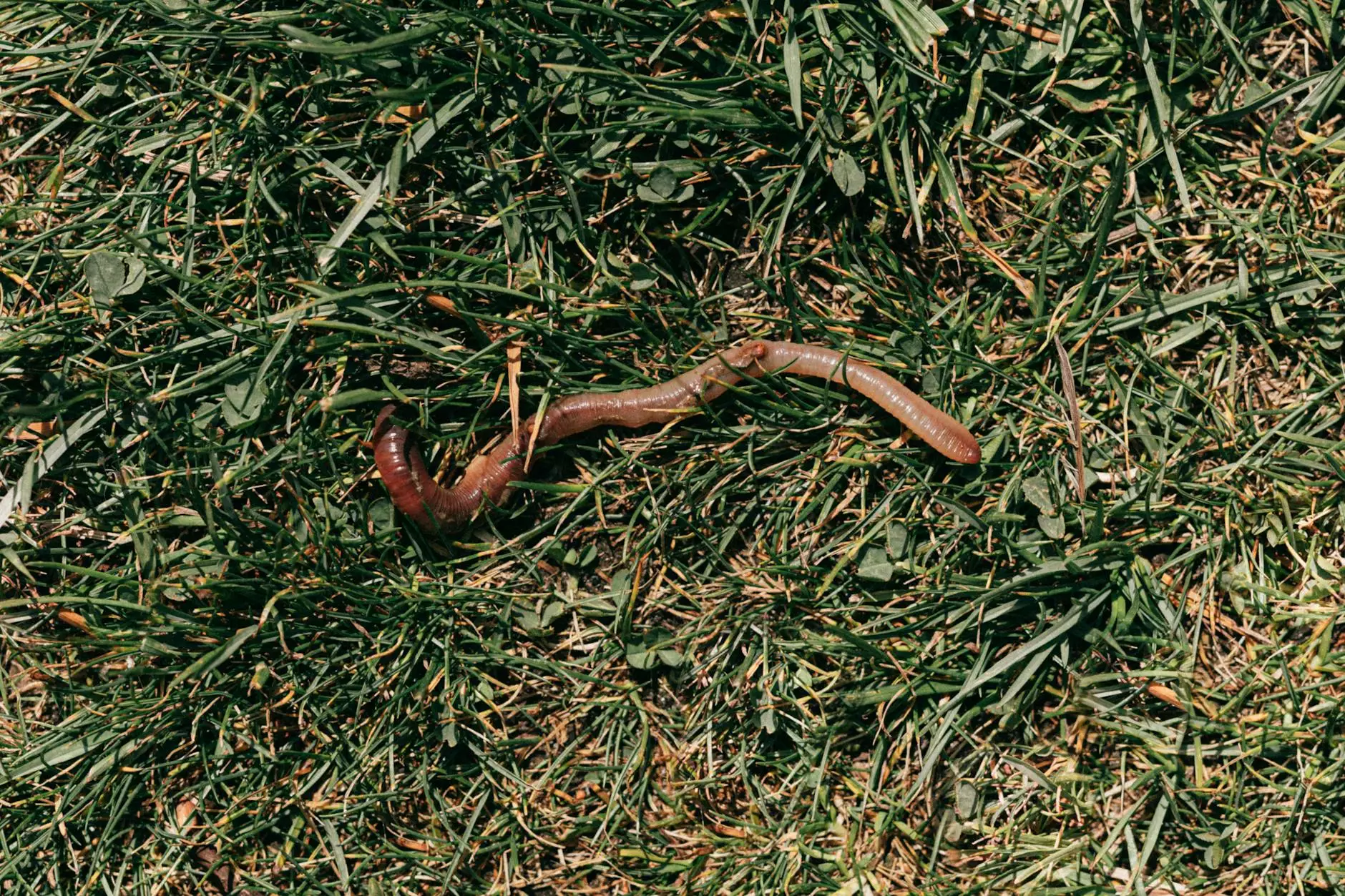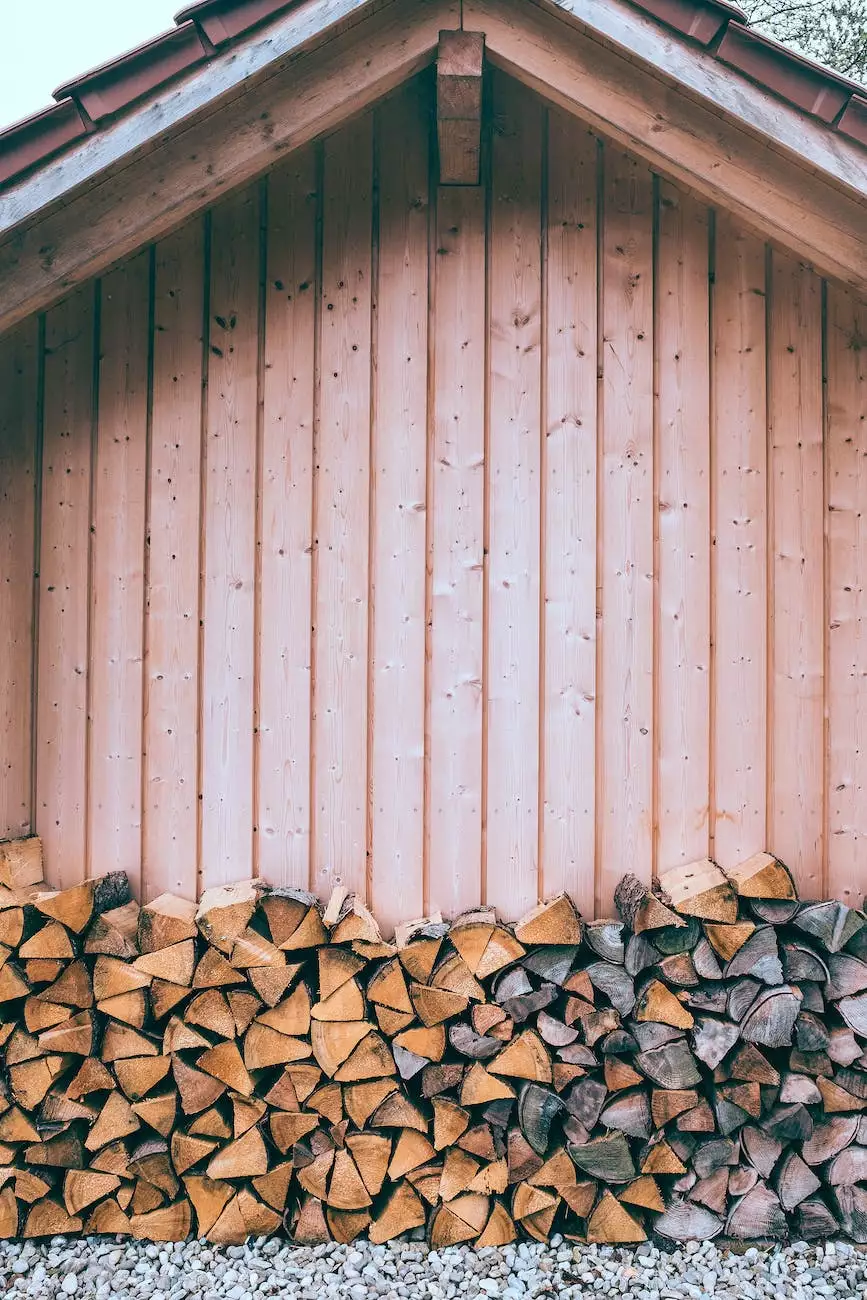Lawn Care Myths

Introduction
Welcome to Cutting Hedge Services, your go-to resource for debunking common lawn care myths. In this article, we will address and dispel various misconceptions that many homeowners have about maintaining a lush and vibrant lawn. Whether you're a gardening enthusiast or a novice, understanding the truth behind these myths will help you achieve the beautiful lawn you've always desired.
Myth 1: Watering Your Lawn Every Day is Essential
Contrary to popular belief, watering your lawn every day is not necessary and can actually do more harm than good. While water is indeed crucial for maintaining a healthy lawn, overwatering can lead to shallow root systems, fungal growth, and the development of weeds. It is recommended to water deeply but infrequently, allowing the soil to dry slightly between watering sessions. This promotes deep root growth and overall lawn resilience.
Myth 2: Cutting Grass Extremely Short Saves Time
Many people believe that mowing their lawn as short as possible will save them time, but in reality, it can cause long-term damage. Cutting grass too short weakens the plants, making them more susceptible to pests, diseases, and weed invasion. Additionally, shorter grass blades have less surface area to harness sunlight for photosynthesis, resulting in a weakened lawn. It is best to follow the one-third rule, never cutting more than one-third of the grass blade height at a time.
Myth 3: Fertilizing Frequently Yields Better Results
While fertilizing your lawn is essential for providing it with the necessary nutrients, applying fertilizer too frequently can be detrimental. Over-fertilization can lead to nutrient burn, imbalanced soil pH, and environmental pollution. It is crucial to test your soil to determine its nutrient needs and follow a proper fertilization schedule. By providing the right amount of nutrients at the right time, you can maintain a lush lawn without causing harm to the environment.
Myth 4: All Weeds Are Harmful and Must Be Eliminated
Contrary to popular belief, not all weeds pose a significant threat to your lawn. In fact, some weeds can actually benefit your lawn's ecosystem. For example, dandelions have deep taproots that help break up compacted soil, allowing water and nutrients to penetrate deeper. Moreover, certain weeds serve as natural indicators of specific soil conditions. While it is important to manage invasive weeds that compete with your grass, a few broadleaf plants here and there may not cause substantial harm.
Myth 5: Organic Lawn Care Products Are Less Effective
Organic lawn care products have gained popularity in recent years, and for a good reason. Contrary to the belief that chemical-based products are more effective, organic alternatives can provide excellent results while being environmentally friendly. Organic fertilizers, for instance, release nutrients slowly, promoting long-term soil health and reducing the risk of runoff. Choosing organic options allows you to maintain a beautiful lawn while minimizing harm to beneficial insects, pets, and the overall ecosystem.
Myth 6: Removing Grass Clippings is Essential
Many homeowners believe that removing grass clippings after mowing is crucial for a well-maintained lawn. However, leaving the clippings on the lawn, also known as grasscycling, can have numerous benefits. Grass clippings act as a natural fertilizer, returning valuable nutrients back into the soil. They also help retain moisture, reduce weed growth, and contribute to organic matter accumulation. Embracing grasscycling can save you time, effort, and enhance the overall health of your lawn.
Conclusion
By uncovering and dispelling these common lawn care myths, Cutting Hedge Services aims to provide you with accurate and reliable information for maintaining a healthy and vibrant lawn. Remember, understanding the truth behind various misconceptions is crucial for achieving the desired results and avoiding unnecessary lawn care mistakes. Take the time to educate yourself, follow best practices, and enjoy the rewards of a thriving lawn that will be the envy of your neighbors.




